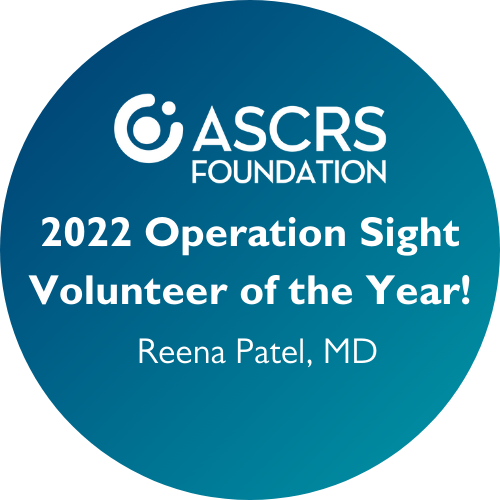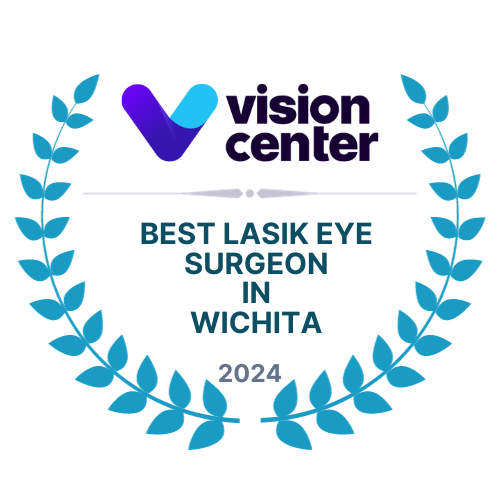The eye’s natural lens is located directly behind the pupil, and when the lens becomes cloudy, the condition is called a cataract. About 50 percent of people develop cataracts by the time they are 65 years old, and almost everyone has them when they reach 75. Many people have cataracts that do not inhibit their vision or interfere with their lifestyle. These people may not need to undergo cataract surgery to remove their cataracts.
Cataracts usually develop because of changes in the eye as people age. They can also be caused by an injury, diabetes, other health problems and certain medications, including long-term use of corticosteroid eye drops.
The only treatment for cataracts is to have them surgically removed. Many people have cataracts that cause blurred vision and make it difficult to read print or road signs. Cataracts can also cause a glare from light that makes it difficult to drive at night. It also may become impossible to knit, play cards or engage in other hobbies or work. If this is the case, it may be time to consider cataract surgery.
The surgery usually takes only about 20 minutes, and most patients are able to go home afterwards. Anesthetic eye drops are used in order to ensure patient comfort. You will be awake, but not feel any discomfort during the procedure.
You may want to consider cataract surgery if:
• You cannot see well enough to do your job or drive safely
• You have problems when you read or watch television
• You cannot easily cook, garden, shop, take medications or climb stairs
• You need help for many daily activities and have lost independence
• You cannot see faces clearly
• You have difficulty seeing in bright light
Unlike in the past when cataracts needed to be at a certain stage of development before they could be removed, today’s technology allows them to be removed at any stage. With that being said, it is usually better to remove a cataract sooner rather than later, but only after it starts to blur vision and interfere with daily activities. If a cataract is left in the eye too long, it may cause pressure in the eye that could lead to glaucoma or inflammation.
During a consultation with Dr. Patel at Wichita Vision Institute in Wichita, you may have your eyes examined and any blurred vision diagnosed. If you have cataracts in one or both eyes, Dr. Patel will explain all of your options so that you can make an informed decision about having cataract surgery. Contact us today to schedule your appointment to learn more.







